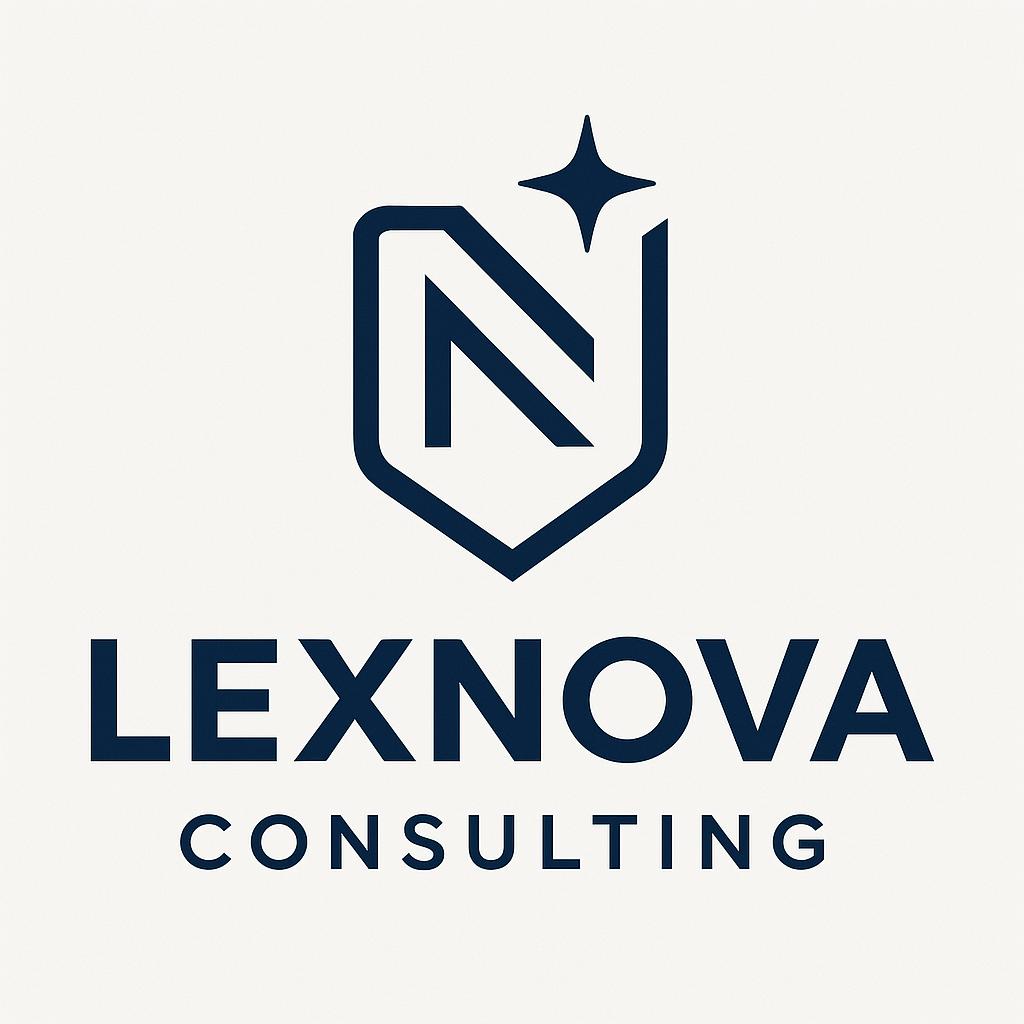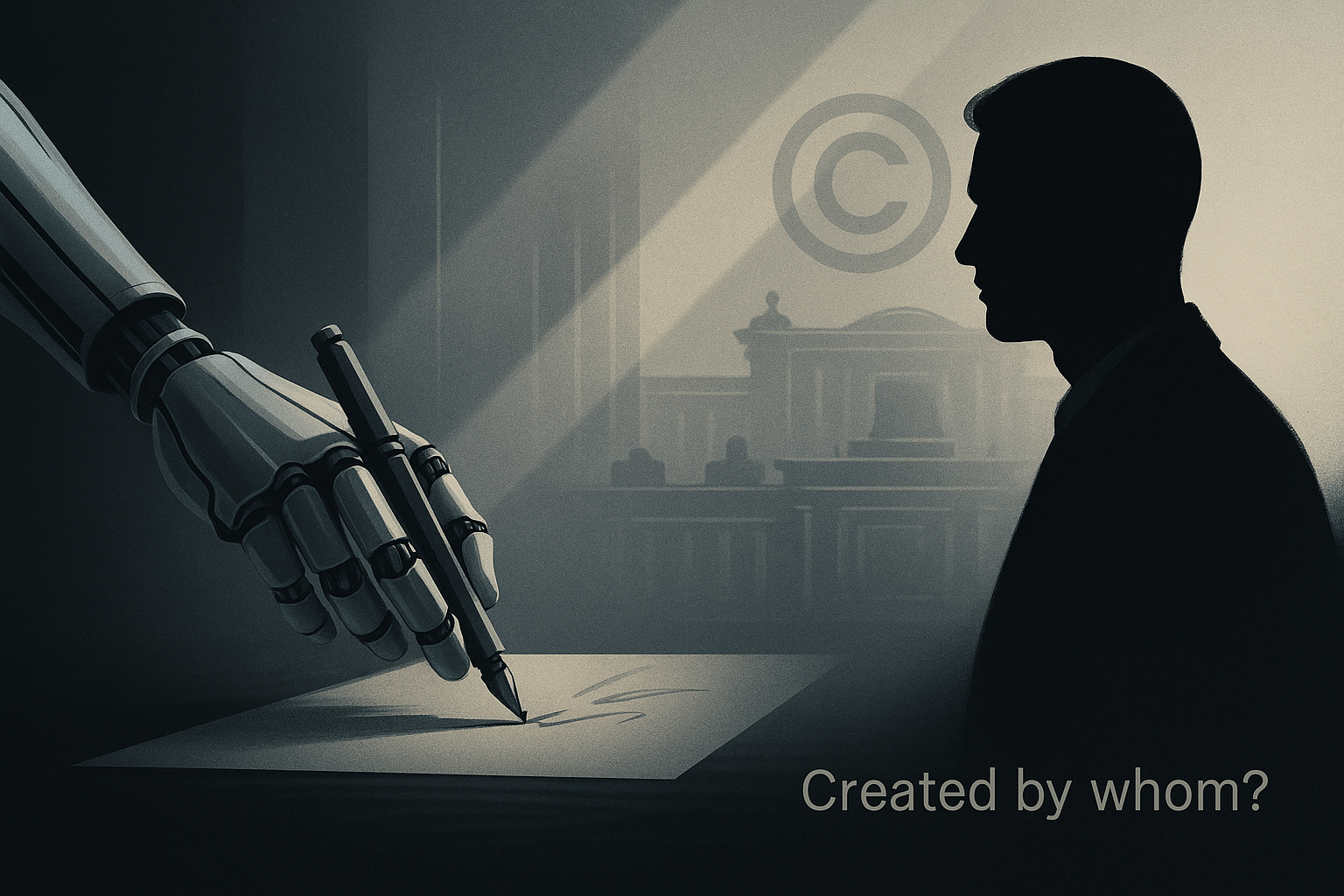Introduction: The Global Debate Over AI & Copyright
In today’s fast-evolving digital world, AI and Copyright has become a pressing legal issue. As generative AI continues to produce art, code, music, articles, and even legal briefs, a fundamental question arises: Can you truly own what AI creates under existing copyright laws?
From ChatGPT-generated articles to Midjourney artworks, the debate over AI and Copyright ownership is gaining momentum across jurisdictions. This blog explores how the United States, Canada, and the UAE are grappling with this complex intersection of law, creativity, and artificial intelligence.
What is AI-Generated Content?
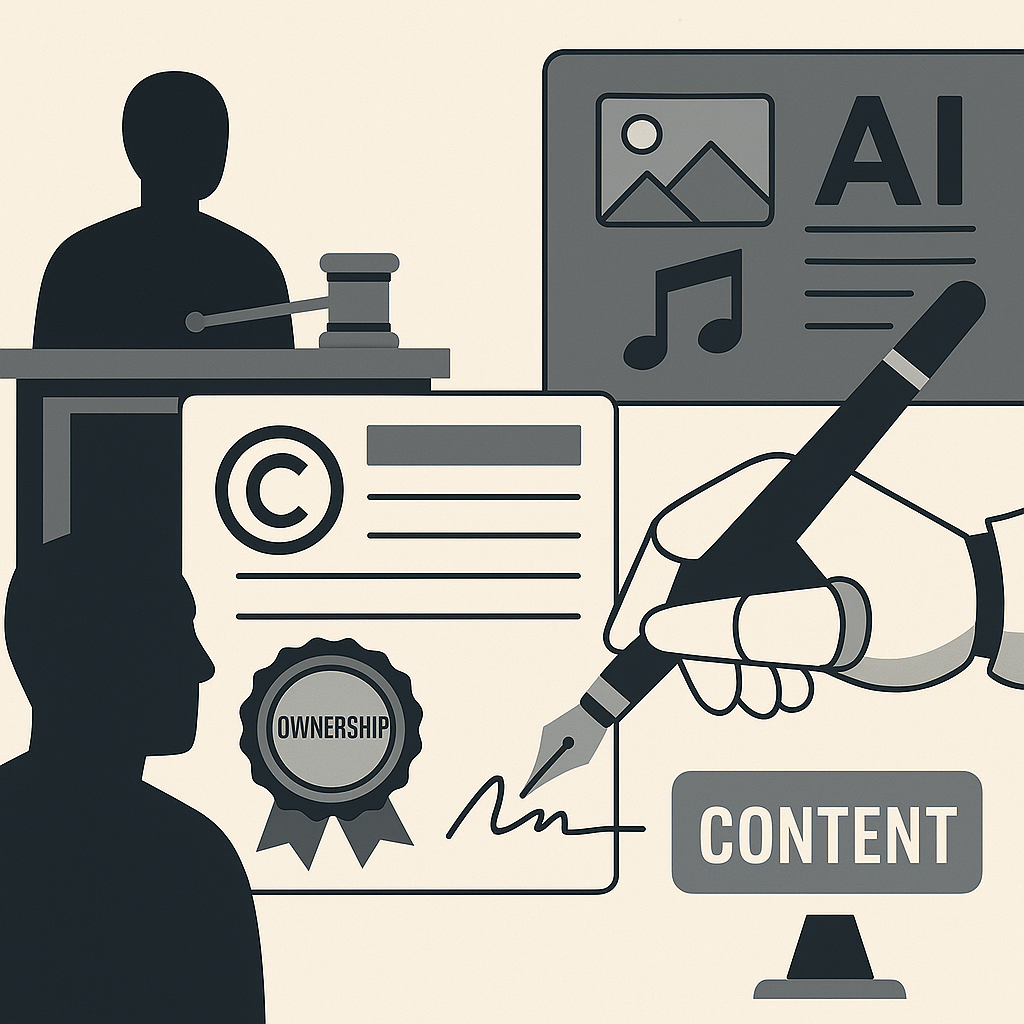
AI-generated content refers to any creative work-text, image, audio, or video-produced autonomously or AI-generated content refers to material produced semi-autonomously by artificial intelligence, with minimal or no human input. This includes everything from text, images, audio, to video-produced by advanced generative tools.
Examples of AI-generated content:
- Texts written by ChatGPT or Claude
- Music composed by tools like Amper Music or Aiva
- Images created by DALL·E, Midjourney, or Stable Diffusion
As these tools become mainstream, legal questions surrounding AI and Copyright are intensifying. Who owns the rights to this content, if anyone at all?While AI is merely a tool, in many cases the human involvement is minimal, raising a critical legal dilemma: Can something made by a machine be owned?
U.S. Copyright Law: Clear Stance on AI & Copyright
The U.S. Copyright Office (USCO) has maintained a strong and consistent position on AI and Copyright: only works with human authorship can be granted copyright protection.
Landmark Example:
In 2022, the USCO canceled the copyright registration for a comic book titled Zarya of the Dawn, where the artwork was created using Midjourney. The reason? There was no meaningful human input in the creative process.
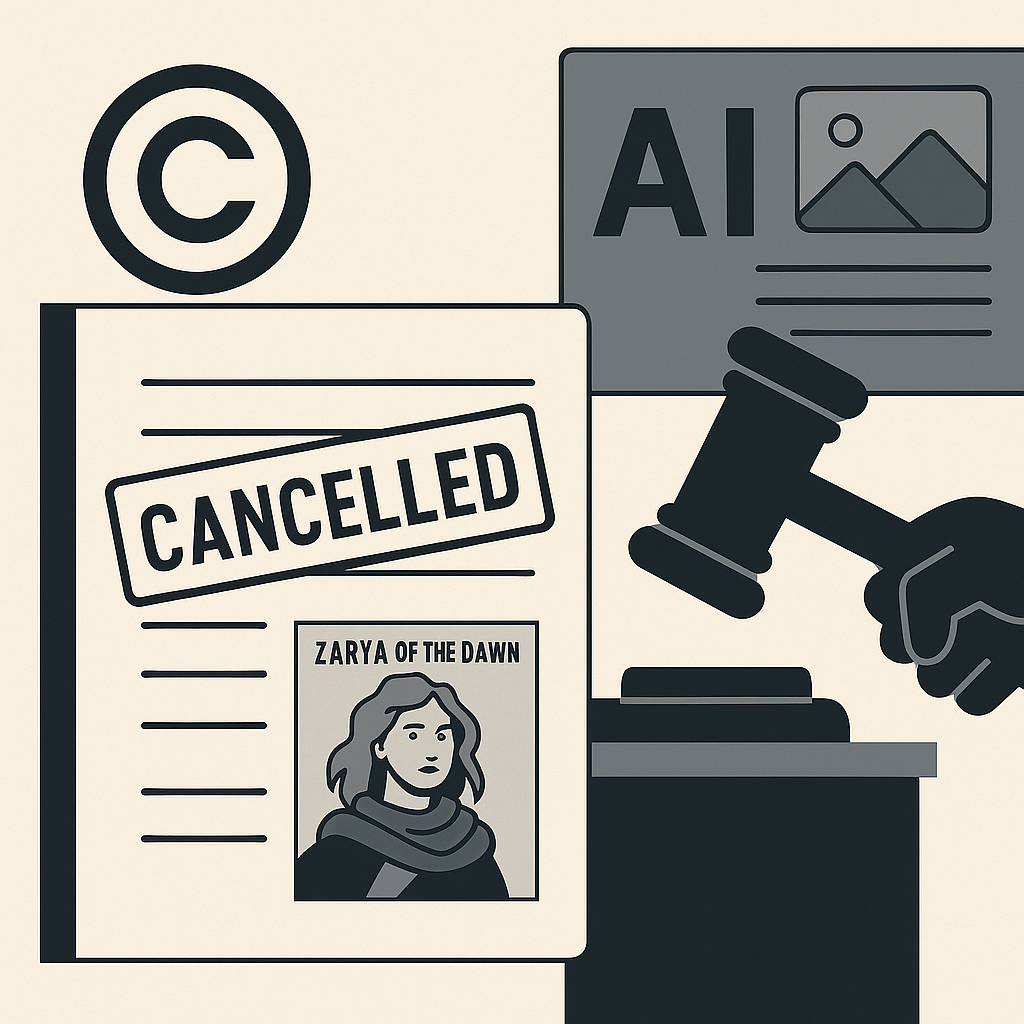
“The Office will not register works produced by a machine or mere mechanical process that operates randomly or automatically without any creative input or intervention from a human author.”
— USCO Compendium of Practices (3rd Edition)
What Is Copyrightable?
Under U.S. law, if a person significantly edits or curates AI-generated content, such as rewriting AI drafts, editing AI-generated images, or reorganising AI-created text-the final version may qualify for copyright. This is where AI and Copyright intersect meaningfully: protection is possible, but only through demonstrable human authorship.
Canada: Human Touch Still Matters
Canada’s Copyright Act also requires human authorship. However, Canadian regulators have taken a more flexible stance where meaningful human contribution exists.
Example:
If a writer uses AI to generate poetry and then curates, rearranges, or modifies the content, the final work may be protected.
While no Canadian court has yet ruled on AI authorship, the government has weighed in. Innovation, Science and Economic Development Canada (ISED) has confirmed that “AI cannot be the legal author of a work.” However, AI-assisted works may still be protected, depending on how much human creativity is involved.
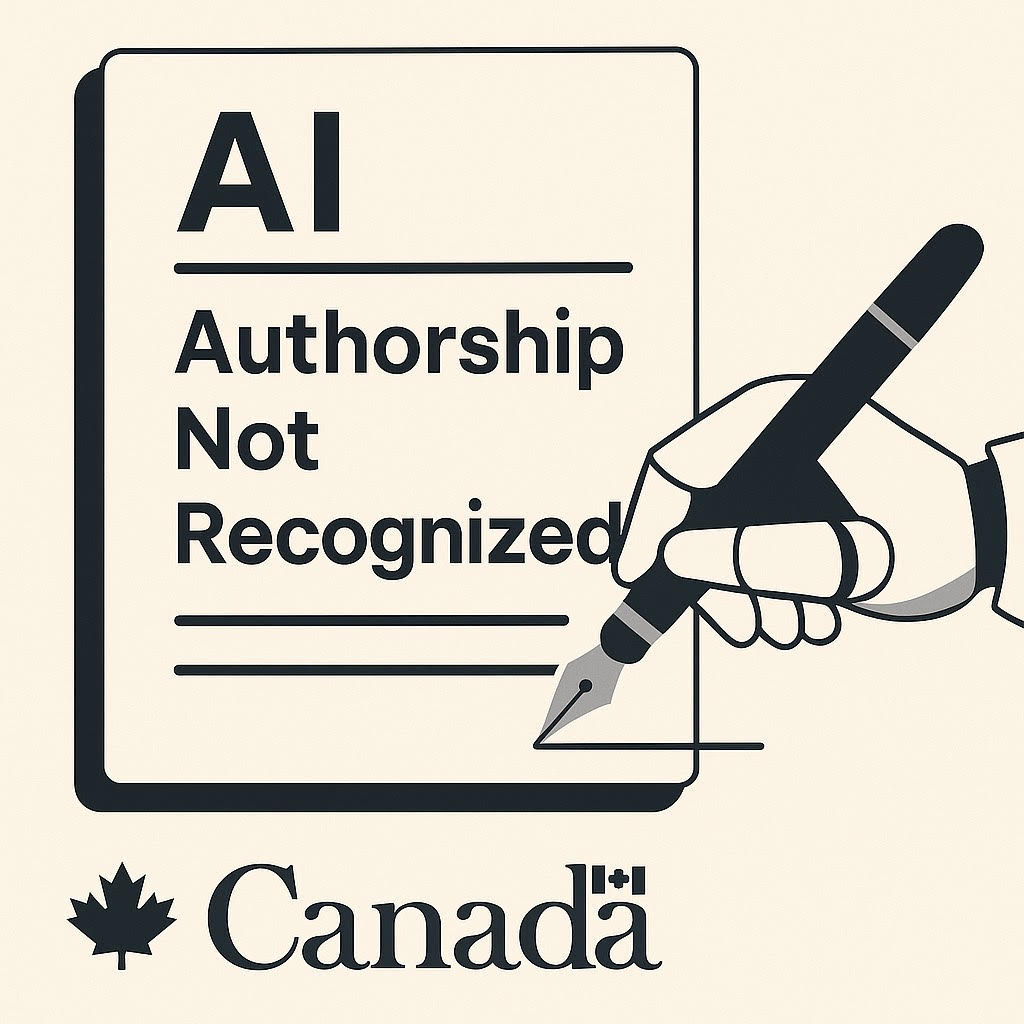
The growing uncertainty around AI and Copyright in Canada makes it critical for creators, publishers, and legal professionals to watch evolving policy and case law closely.
UAE Law: The New Frontier for AI and IP Rights
The United Arab Emirates (UAE) is rapidly modernizing its legal framework to regulate artificial intelligence and digital innovation. Under the Federal Decree Law No. 38 of 2021 on Copyright and Neighboring Rights, only natural persons are eligible to hold copyright protection.
However, the UAE is clearly leaning into technology-driven legislation. Its ambitious AI Strategy 2031 includes detailed plans for AI ethics, regulatory sandboxes, and future-ready intellectual property frameworks.
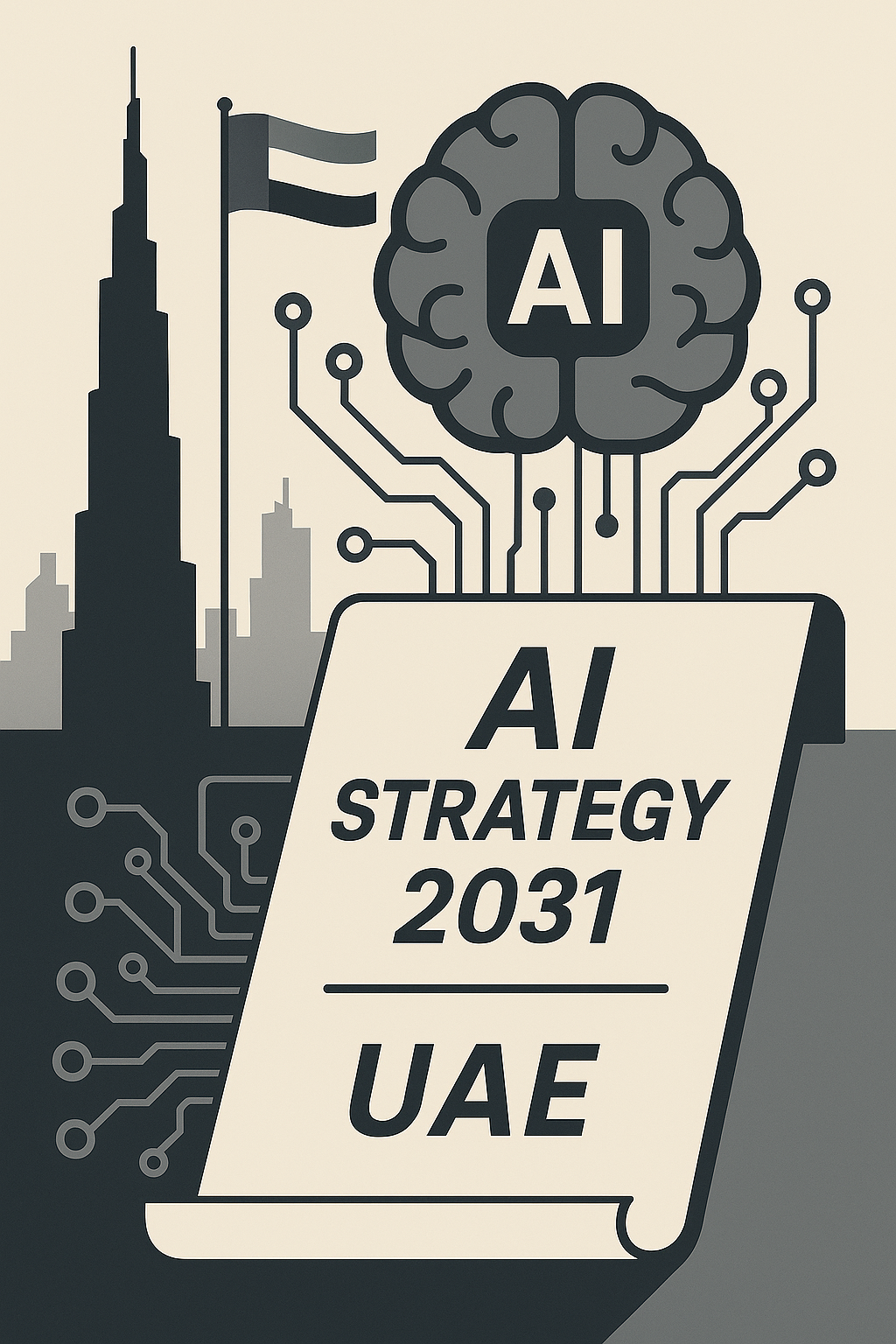
In this evolving context, the intersection of AI and Copyright is especially important. While AI-generated works are not recognized under traditional copyright law, they may still receive limited protection through custom licensing agreements or contractual rights-an approach that gives creators and companies some legal leverage.
As the UAE positions itself as a global tech hub, its stance on AI and Copyright is likely to influence other jurisdictions in the Gulf region.
Visual Summary: Jurisdiction Comparison Table
| Country | Can AI Alone Hold Copyright? | Human-AI Collaboration Protected? | Law/Guideline |
|---|---|---|---|
| USA | ❌ No | ✅ Yes | USCO Compendium, 2023 |
| Canada | ❌ No | ✅ Yes | Copyright Act, C-42 |
| UAE | ❌ No | ⚠️ Possibly via contract | Federal Law No. 38 (2021) |
Who Owns the Rights in AI-Created Works?
In the absence of copyright, rights to AI-generated content may fall under:
- The User: If usage terms grant ownership (e.g., OpenAI allows full commercial use for Pro users)
- The Platform/Developer: If terms reserve rights (e.g., some AI image tools retain shared IP rights)
- Contractual Terms: In business arrangements, ownership is often dictated via custom contracts or NDAs
Always read the Terms of Use of the platform you are using for AI generation.
Patent and Trademark Implications in the AI & Copyright Debate
While this blog primarily focuses on AI and Copyright, it’s also important to consider how artificial intelligence intersects with other intellectual property (IP) domains-notably patents and trademarks.
Patents:
AI cannot currently be listed as an inventor under U.S. patent law. In the landmark case of Thaler v. Vidal, the U.S. courts reaffirmed that only natural persons can be recognized as inventors. This ruling mirrors the stance taken in the AI and Copyright context-emphasizing the centrality of human input.
Trademarks:
Trademarks rely on source identity and brand distinctiveness. When logos or taglines are generated by AI, it becomes unclear who is behind the creative process, complicating ownership and enforcement.
In short, intellectual property frameworks globally, including AI and Copyright, are still catching up with the reality of non-human creativity. Reforms across IP domains are likely in the coming years, as lawmakers and regulators try to strike a balance between innovation and legal certainty.
What Creators and Businesses Should Do Now
If you’re using AI tools for content, branding, or product development, here are 5 smart steps:
- Retain creative control: Always add significant human input.
- Use clear contracts: Especially for collaborations involving AI tools.
- Secure usage rights: Verify what the platform allows (e.g., Midjourney vs. OpenAI).
- Document your edits: Maintain version control to prove authorship.
- Avoid full automation: Pure machine-generated works are still unprotected.
The Future of Copyright in an AI World
We are rapidly approaching a legal and ethical crossroads, one where AI and Copyright will no longer be theoretical, but a daily concern for creators, companies, and courts. As AI becomes increasingly autonomous, lawmakers and intellectual property regulators must adapt quickly.
In 2023, the World Intellectual Property Organization (WIPO) launched public consultations on AI and IP, aiming to establish globally harmonized standards that balance innovation with ownership rights.
Yet until such international consensus is reached, AI and Copyright will continue to occupy a legal gray area-especially in cases where no meaningful human input is involved. The world is watching, and the rules are still being written.
Conclusion: Can You Own What AI Creates?
Not fully. Not yet.
In most jurisdictions today, AI alone cannot be the author of a copyrighted work. But if you are using AI as a tool, not a replacement, and adding meaningful human creativity, the final product may be protected, often by you.
The law is catching up, but for now, the safest strategy is human-led creation supported by intelligent AI tools.
References
- U.S. Copyright Office. Compendium of U.S. Copyright Office Practices.
- WIPO: AI and IP Policy Consultation
Contact LexNova
Whether you’re a creator using AI tools, a tech startup navigating AI IP rights, or a legal educator seeking clarity, LexNova Consulting can help.
Reach out: lexnovaconsultingservices@gmail.com
Explore more insightful blogs: lexnovaconsulting.com/blog
